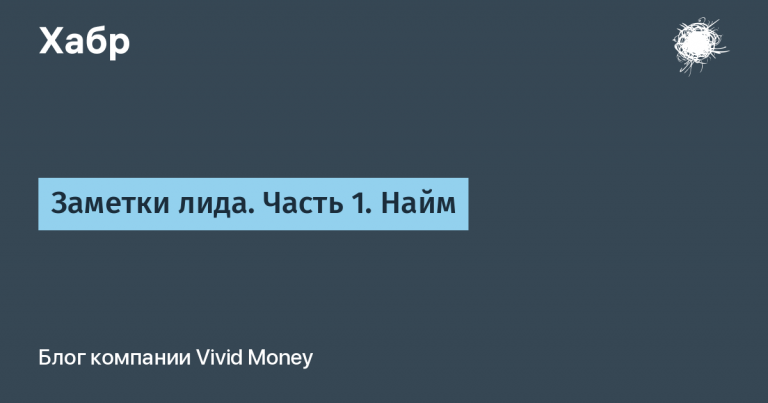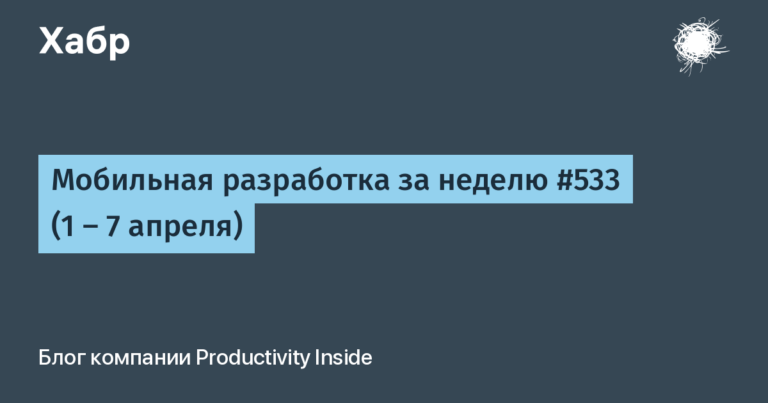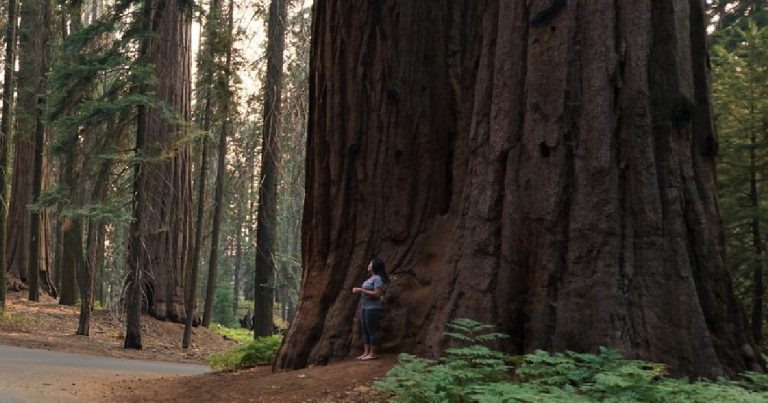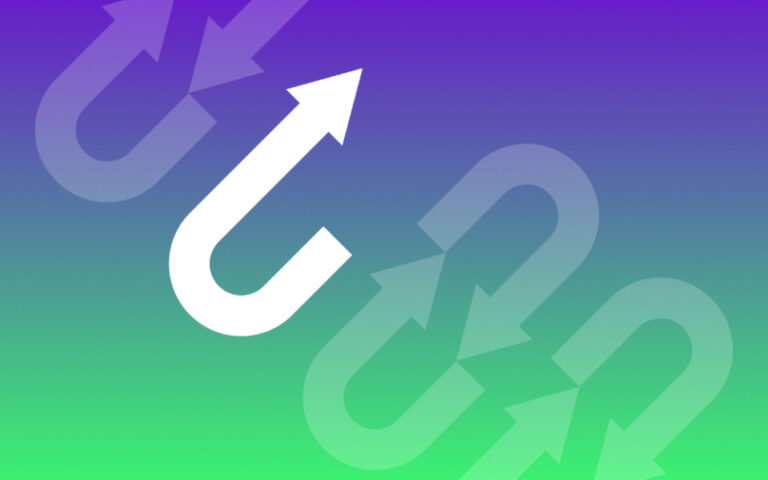Why indie music won’t go mainstream
According to various estimates, it accounts for less than a third of the market. All other music rights belong to media holdings and technology corporations. We figure out what this means, how the situation is developing, in what context and why this topic is still worth discussing.
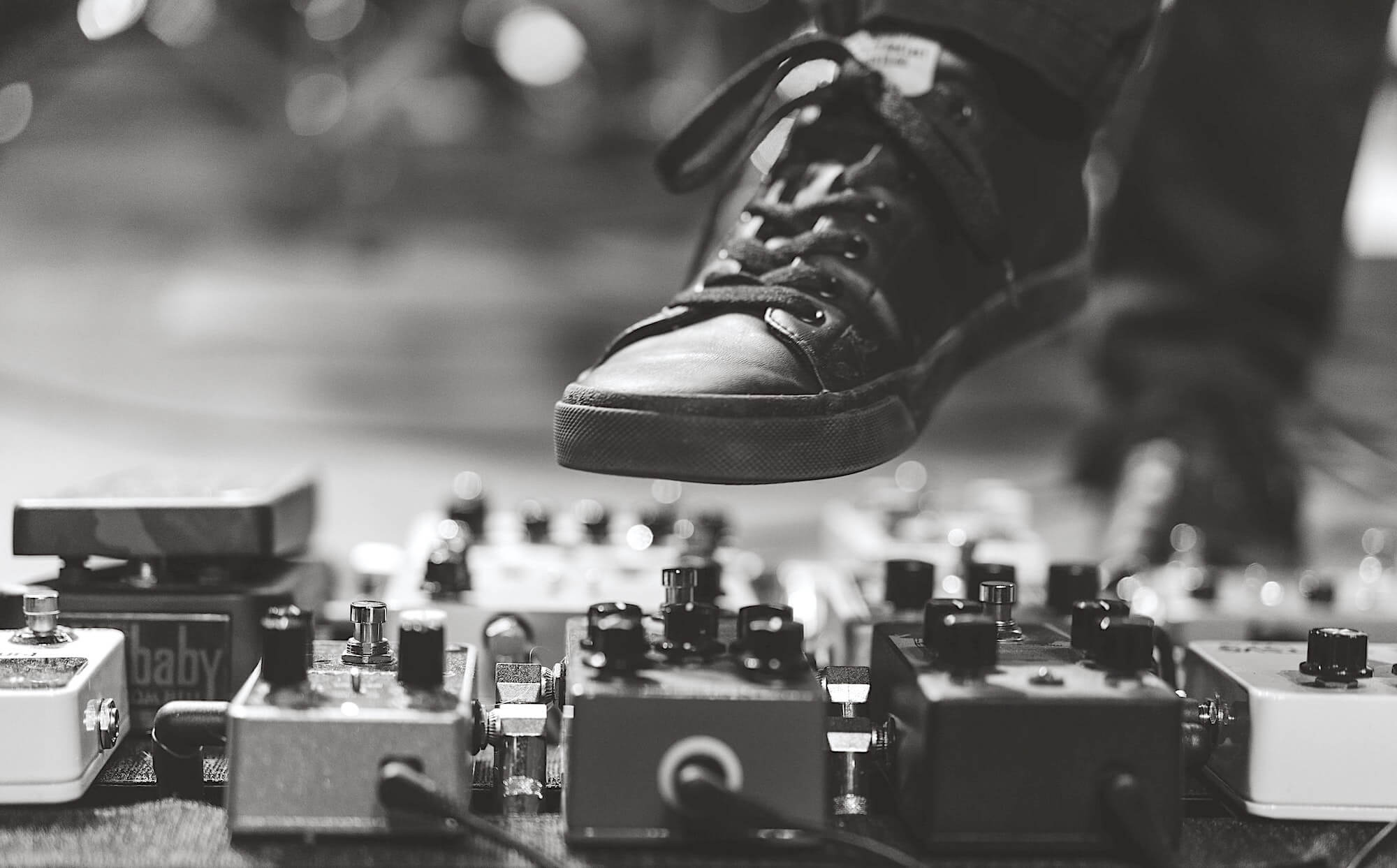
What’s happening
Musicians, and many people in other industries, are not happy with the rate at which their income is shrinking. For a whole year they have been forced to tighten their belts: performances, concerts and corporate parties, still making up a significant portion of their earnings, for obvious reasons, you have to cancel or reschedule. The only thing that remains at our disposal is social networks and streaming services. However, the former are not only unable to offer alternative ways of monetizing audio content, but are decisively “tightening the screws.” Algorithms indiscriminately block even those live streams on which the artists play their own music. The second ones simply reduce and the already modest payment plan for listening to tracks, so even relatively well-known authors and performers have to work hard to achieve at least the income level of an average manager.
What can we say about the money that developers receive – musicians often only have to dream of such amounts. This state of affairs and dim prospects cannot but cause concern for them, and in the industry the question of the distribution of earnings between various participants in the “food chain” arises at its full height: from labels, distributors and music platforms to direct authors, composers and performers.
Income rights
The percentage of payments to those contributors who make the effort to get a piece of music written, go through mastering, due diligence and distributors to finally find their listener depends on the allocation of rights. This moment has a decisive influence and therefore is key, including in assessing the degree of independence of artists. According to requirements Association Merlin, representing the interests of indie authors and small labels to major licensees such as YouTube, Apple, Spotify, Yandex.Music, Facebook, other platforms and international media structures, independent musicians can be considered those who own all the rights to the results of their work and without any -or obligations to third parties or organizations.
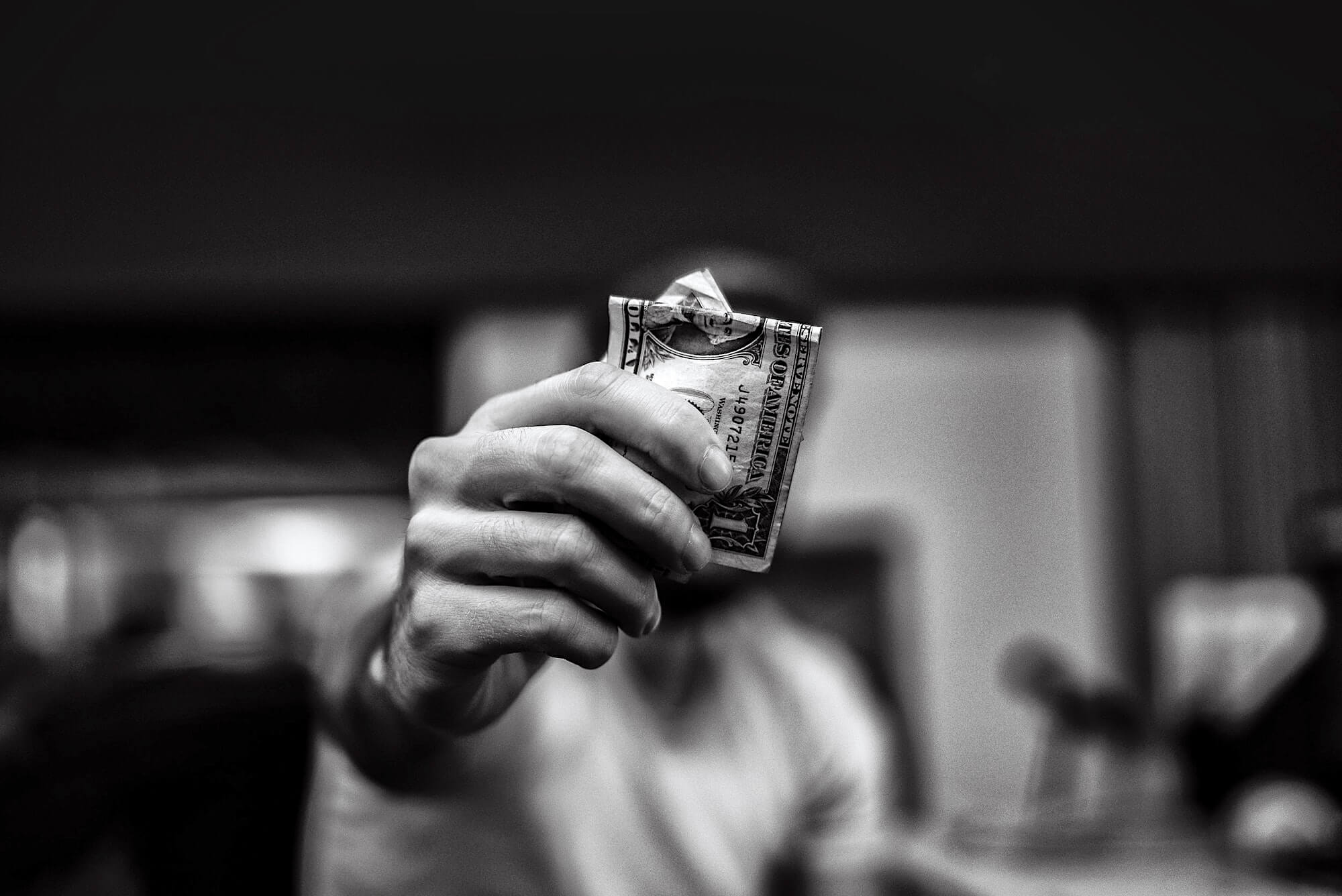
However, it is rather difficult to achieve 100% “sterility” in the issue of distribution of rights. At the same time, it is necessary to understand that the size of the money “pie”, which is divided depending on what is spelled out in the documents, depends not only on the bureaucracy. It is largely determined by the capabilities and connections of partners with whom musicians cooperate – from technology platforms to media holdings. The latter can add a track to a TV series or film thanks to established contacts in the film industry, but, of course, there is no need to expect such “gifts” from every counter agent or music director.
All of this means that creators and performers have to compromise to reach more listeners. At the same time, they try their best to retain as much rights to the tracks as possible and are eager to turn to indie distributors who charge a fixed fee for their services.
I have taken this trend into pencil for a long time already.big three”And other“ majors ”. They perfectly understand what is happening and do not want to give up their positions and the market, which actually completely belongs to them, to someone else without a fight.
What is all the same strength
Interestingly, the market monopolists almost missed the moment when it would be too late to do anything. Their incomes could be drastically reduced if a critical mass of musicians were suddenly taken over by Merlin or players like CD Baby… But the long-term “owners” of the industry were rescued by the ability to timely dispose of the money accumulated in well-fed years. They invested them in buying the very same helper firms that provide alternative services to indie authors. So, in 2018 Apple acquired the Platoon platform, which allows musicians to have more detailed control over the distribution of tracks. In 2019 UMG took another distributor under their wing – INgroovesand Downtown Music bought CD Baby along with other assets of the company that owns the service. In turn, Sony Music earlier this year got hold of control over the alternative indie label AWAL.
These deals suggest that the market situation is likely to change much more slowly than the pace that authors and performers would like to see. Their income level is unlikely to increase in the coming years. At the same time, they will have fewer options for maintaining their independence – new channels for the dissemination of their creativity are again almost completely intercepted by the majors. Are there any ways out of the situation, how to get out of it, and what is worth knowing for this – we will analyze in the next article.
Additional reading in our Hi-Fi World:
What musicians fear more: piracy or a monopoly on their work
Struggle for rights or an atmosphere of paranoia – in the world of music are undecided
Pay what you want: how this model proved to be in the music industry
From Critics to Algorithms: How Democracy and Technocracy Came to the World of Music
Information noise – music and videos that no one was supposed to find
What else do we have on Habré: three available “shelves” – how such acoustics might look like, and what is “under the hood” of it.
